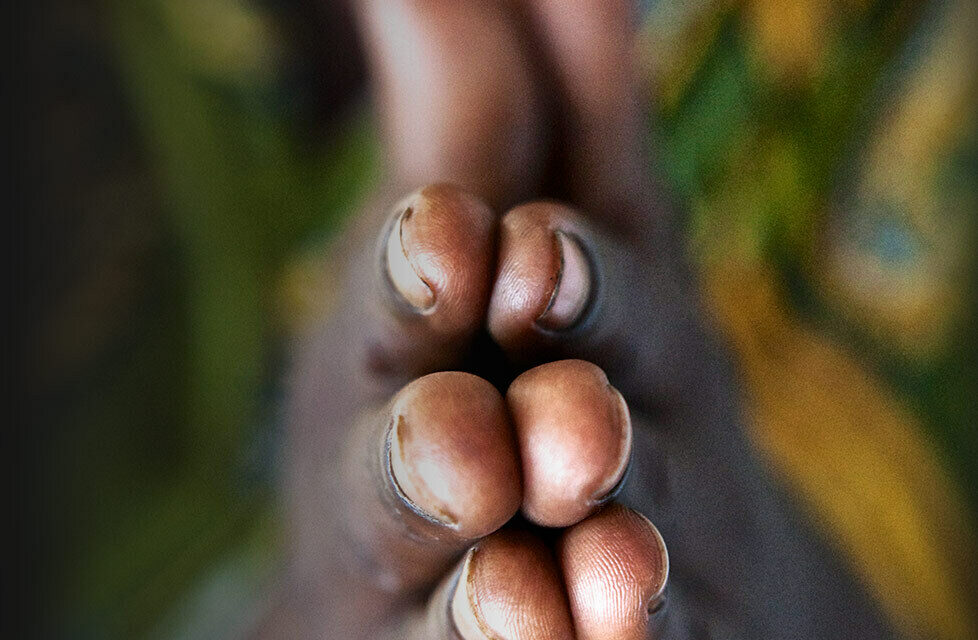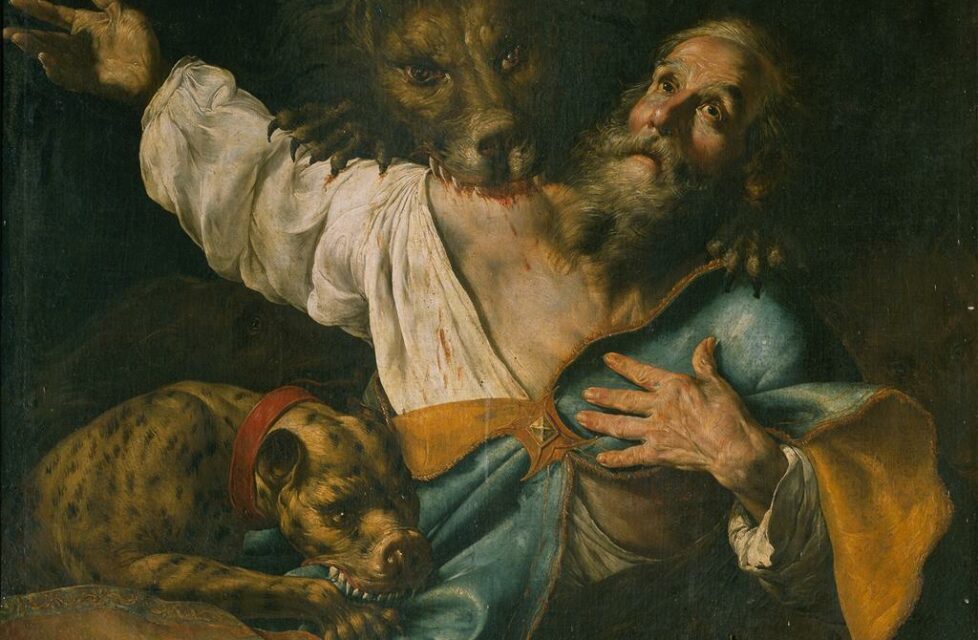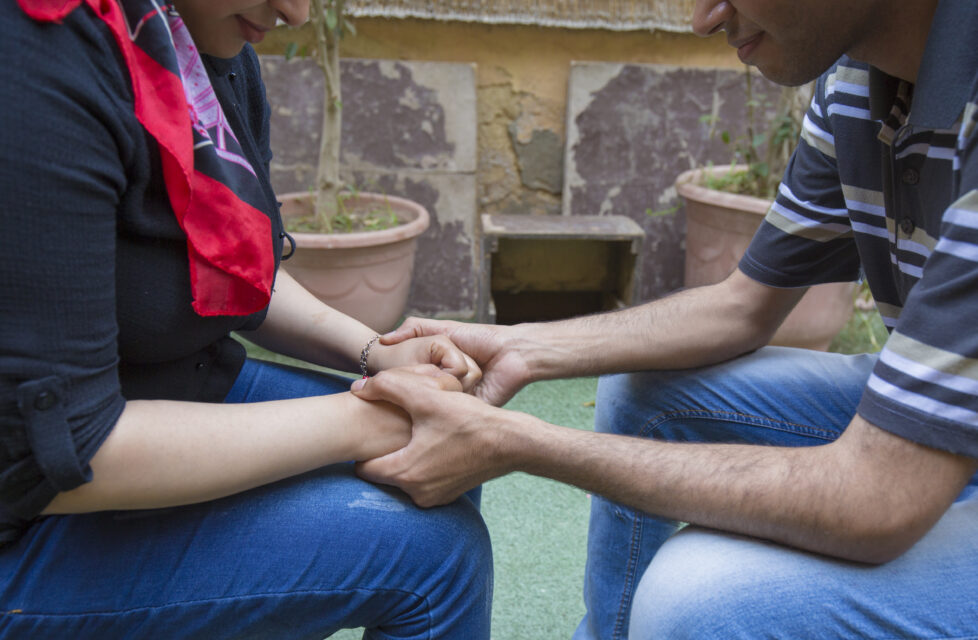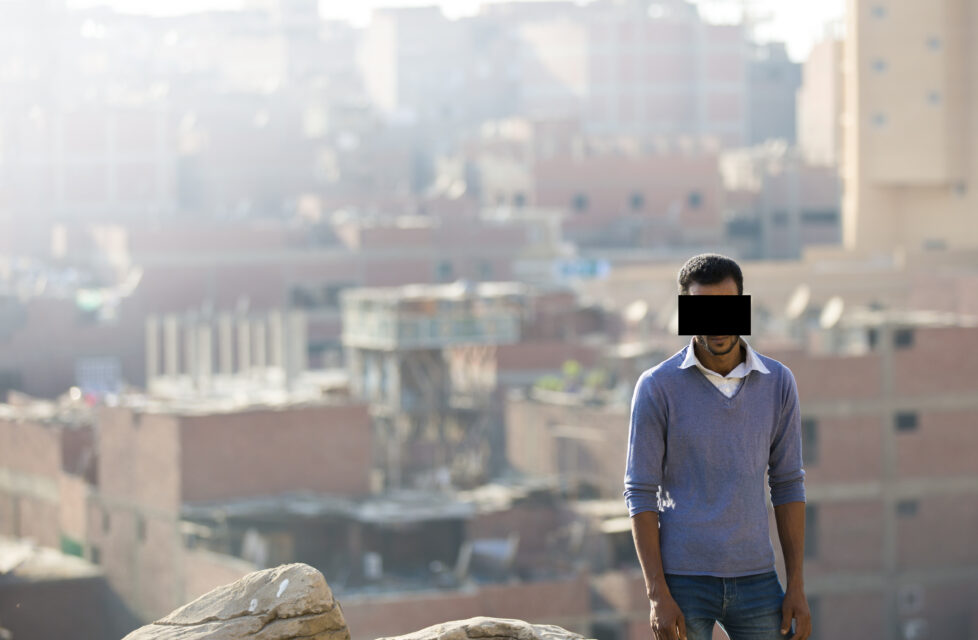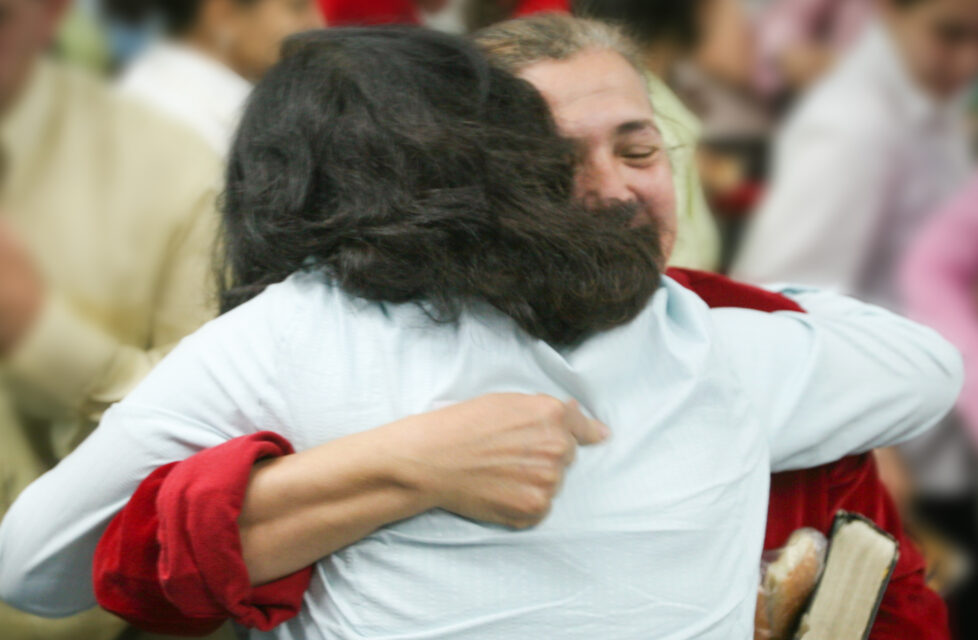An Egyptian Christian convert from Islam has faced intense family pressure since becoming a follower of Christ. The woman’s father is an imam, an Islamic scholar, which made it difficult for her to be in public without scrutiny. In Egypt, Christian converts from Islam can experience harsh opposition from their families. Their Muslim families often feel an intense sense of shame or dishonor because they see their relatives’ new Christian faith as an affront to Islam.
Read MoreMore than a million Sudanese refugees have fled to neighboring countries since fighting erupted in Khartoum on April 15, 2023. Egyptian authorities report that nearly 300,000 Sudanese have arrived in Egypt since the fighting began, significantly adding to the more than 4 million Sudanese who had fled there during previous wars seeking safety and improved economic opportunity.
Read MoreIn Egypt, a person’s religion is labeled on their national identification card. If someone decides to leave Islam and become a follower of Christ, they cannot change their ID card. This creates challenges for churches to minister to converts who are still officially Muslims.
Read MoreOne of the unexpected shared characteristics of the biblicalrecords of Jesus’s life and the spread of the gospel is the almostpainful and sometimes humorous honesty of those recordingthe events. Mark, also known as John Mark, “signed” his gospel with anembarrassing footnote in chapter 14 when he seems to have described hisown reaction to Jesus’s arrest. “And a young man followed him, withnothing but a linen cloth about his body. And they seized him, but he leftthe linen cloth and ran away naked” (Mark 14:51-52). We tend to justify John Mark’s qualifications to record his gospelbased on the tradition that he based his writings on Peter’s account ofJesus’s ministry. But events like the one above and the fact that Mark’shome in Jerusalem was used as a gathering place for the early churchcertainly place this young disciple in the center of history as an eyewitness. The clipped and almost breathless format of Mark’s gospel (his favorite connecting phrase is “and then”) combines all the action of a storyteller’s style with a young man’s impatience to get the story told. Mark knew the people about whom he was writing. He may not have been part of all the events, but his personal awareness
Read MoreAsim and Zarah followed separate paths to faith in Christ, but when their paths converged in Cairo, Egypt, they became one in service to the Lord. The science lectures Asim was hearing at university didn’t seem to agree with his family’s Muslim faith. Doubtful and disillusioned, he began hanging out in cafes with atheistic friends, mocking the Quran. Although he had no interest in religion, Asim agreed to join a Coptic Christian friend at her church’s Christmas Eve service one year. After leaving the service, he couldn’t get the words of one song out of his mind: “You died for me, and You took my burdens for me.” Curious to learn more about the mysterious words, he returned to the church and soon began studying the Bible with a man he met there. * * * Zarah was zealous for Islam, beginning study under an ultraconservative Salafi Muslim cleric, even joining him as an anti-Christian Muslim missionary. She would stand outside the Bible Society office in Cairo, passing out leaflets and berating anyone who walked out with a Bible. But as she continued to study Islam and search for ways to attack Christians, the flaws in her own religion grew
Read MoreWalid hated his Christian co-worker so much that he planned to kill him. But a bold act of love set him on a new course – directly to Christ. After listening to his co-worker, Haytham, sing Christian worship songs for several days as they painted a house in Cairo, Walid had finally had enough. His ultraconservative Muslim father, who had five wives and 32 children, had taught him early in life that he should hate all Christians. That deep-seated hatred had already led him to beat Haytham with a wooden stick for singing along with the Christian songs playing in his earbuds. And since that hadn’t stopped the singing, Walid decided to silence him permanently. One night after work, Walid grabbed a knife and followed Haytham into the streets. After making sure they were alone, he attacked Haytham from behind, stabbing him in the side. Haytham turned to look at his attacker as he fell to the ground writhing in pain, and Walid made eye contact with him before fleeing the scene. Expecting a visit from the police, Walid hid anxiously at his aunt’s house. “I tried calling some of my friends to see if [Haytham] was alive or dead,”
Read MoreDuhra was born into unhappiness. When her older sister was born, her father named her “Enough” because he did not want more daughters. Then, when Duhra was born, he abandoned the family altogether. Duhra’s mother, who blamed her for the breakup of her marriage, left Duhra in Cairo with her grandmother while she worked abroad. Although Duhra’s mother was a non-practicing Muslim, her grandmother was devout, forcing her to cover her head and to pray regularly. Feeling the loss of her parents deeply, Duhra prayed to Allah for help: “I need a mother; I need a father. Why did you create me with no parents?” Then one night, Duhra dreamed of a large white building like a mosque, but it had a cross on top instead of a minaret. Although she had never seen the building before, she recognized the cross from the tattoos she had seen on her Coptic Christian classmates. Coptic Christians, who practice a form of Orthodox Christianity, compose only about 10 percent of Egypt’s population. But they are proud of their Christian heritage, and many boldly display cross tattoos on their wrists or hands. The dream had brought Duhra such comfort that she began drawing a
Read More
